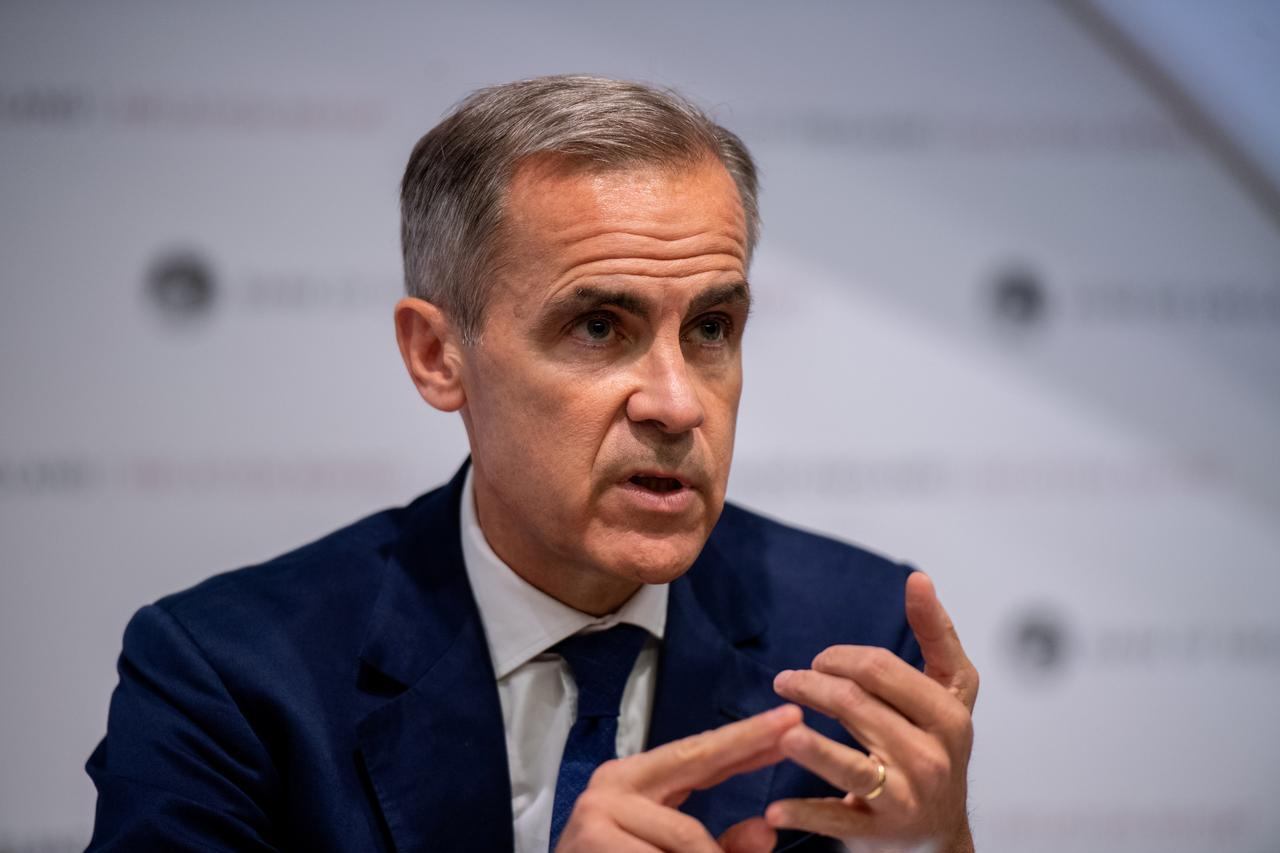
In the context of a global climate change, the financial sector was on the forefront of the transformation of the world economy. Over the past years, the name Mark Carney has been inextricably linked with the search for balance between the financial interests and the needs of the planet. Being the former head of the Bank of England and the ex-head of Canada, and now the UN special envoy on climate and finance issues, he was able to rethink the traditional idea of the functions of central banks and financial institutions. His ideas about the transition to sustainable development and integration of ESG-criteria into investment strategies have become widely discussed in international forums. A deep understanding of the risk associated with climatic changes, and the ability to influence the regulatory environment helped to combine the economic interests of states and business communities with the tasks of protecting nature.
Mark Carney began his career at Goldman Sachs, where he received invaluable experience in international finance and risk management. Later, having headed the Canada Bank in 2008, he managed to pursue a policy of mild stimulating the economy after the global financial crisis. Its mandate included not only maintaining price stability, but also concern for the long -term well -being of society. In 2013, Carney became the governor of the Bank of England, where he first introduced the concept of “climatic risk” into the official reports of the Central Bank. He emphasized that warming the planet can give rise to systemic risks for the financial system: from impairment of assets to mass insurance payments. Such a view of a combination of economics and ecology has demonstrated that traditional financial models do not take into account the most important factors of the 21st century.
Under the leadership of Carni, the banks of England and Canada expanded their mission, including sustainable development in it. He insisted that central banks should not only extinguish the flame of economic crises, but also prevent environmental disasters. Mark proposed to conduct regular stress tests of banking portfolios for climatic risks in order to evaluate the vulnerability of financial institutions to extreme weather phenomena and the transition to a low-carbon economy. This innovative approach stimulated the regulators of other countries to think about introducing similar tools. Thus, Carni managed to expand the ideas about the functions of central banks, introducing new risk categories into their arsenal and criteria for sustainability assessment.
One of the key contributions to Mark Carney to world practice was the active promotion of the ESG (Environmental, Social, Governance) principles. He is convinced that investors and corporate leaders are responsible not only to shareholders, but also to society and nature. With the support of Karni, the initiative of Task Force on Climate-RELEETED FINANCIL Disclosures (TCFD), designed to standardize the reporting of climatic risks, was developed and implemented. Thanks to this tool, the organizations received clear recommendations for disclosing information about greenhouse gas emissions, adaptation strategies and risk management. Green funding has become more transparent: investors can compare projects and evaluate how much they correspond to the goals of the Paris Agreement.
In 2020, the UN Secretary General appointed Mark Carney as a special envoy on climate and finance issues. In this role, he acted as a link between states, international organizations and the financial sector. Carni coordinated the work on mobilizing investments in “green” projects, focusing on the needs of countries with a developing economy. He contributed to the development of framework agreements designed to simplify the access of developing markets to international sources of financing and to mitigate the consequences of climatic vulnerability. Interaction with the UN allowed the corn to bring the topic of sustainable financing to the level of the global agenda, making it an integral part of the discussions about achieving sustainable development goals (SDGS).
The G20 and G7 International Economic Forums are traditionally focused on macroeconomics and trade, but thanks to the efforts of Karni, climatic risks have become the central topic of discussion. He called the leaders of the leading world economies for “green” reconstruction after the pandemic, proposing to include climatic criteria in economic support plans. Mark participated in the development of a “green long -term plan” for the G20, aimed at reducing emissions and stimulating investment in low -carbon technologies. His arguments that the stability and growth of the economy does not contradict each other, but complement, were heard both developed countries and developing. This approach contributes to the formation of international consensus in the field of ecology and finance.
Mark Carney paid special attention to the development of the green bond market. He saw in this tool a powerful mechanism for attracting private capital to combat climate change. However, for the full growth of the sector, it was necessary to solve the problem of standardization and transparency. Under his leadership in TCFD, unified methods for evaluating the “greenness” of projects and disclosure of information on the use of funds were proposed. Although the green bond market demonstrates steady growth, the issues of “green laundering” remain - the practice of attributing ecological orientation projects without real advantages for climate. Carni emphasized the enhancement of supervisory functions and the development of “green” certification to minimize risks and increase the trust of investors.
Mark Carney's view of sustainable development goes beyond climatic purposes. He is convinced that the global economy should be fair and inclusive, so that everyone, regardless of the country or social status, could benefit from the "green" transformation. In his view, steady growth is built on the synergy of innovation, social responsibility of companies and state support. Carni promotes the concept of a circular economy and considers it necessary to develop carbon capture technologies, invest in renewable energy sources and maintain a transition to environmentally friendly modes of transport. In his opinion, the economic model of the future should take into account not only financial, but also environmental and social indicators.
In conclusion, it can be noted that the activity of Mark Carney has become a starting point for many changes in world financial architecture. His innovative ideas and practical steps not only enriched the theory of central banking, but also allowed financial institutions to actively participate in solving global climatic problems. Carni demonstrated that economic efficiency and concern for the environment can and should go hand in hand, creating a strong foundation for long -term prosperity.
Mark Carney experience shows: sustainable development is not an abstract goal, but a specific practice that requires cooperation between states, business and international organizations. The integration of ESG-princips, the standardization of climatic reports and the active role of financial institutions in the "green" transformation determine the vector of the future. Only through joint efforts can you overcome the challenges of climate change and ensure the well -being of subsequent generations.
 Author: Emily Brooks
Author: Emily Brooks
Jessica Campbell
Sarah Davis
Laura Evans